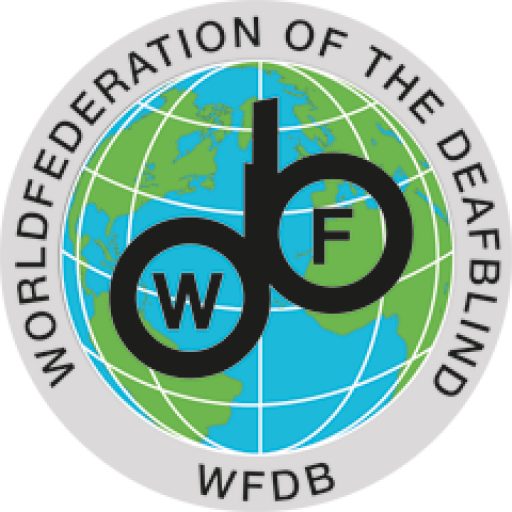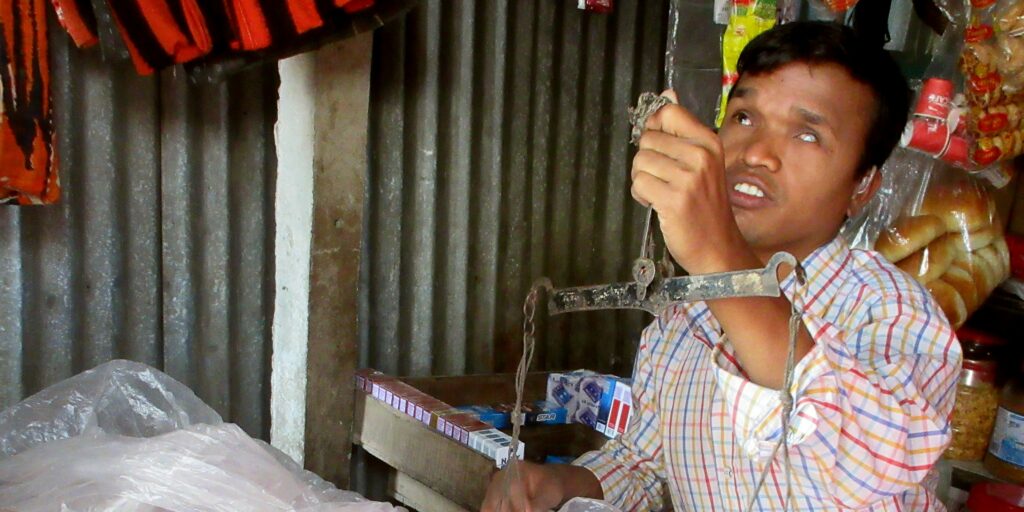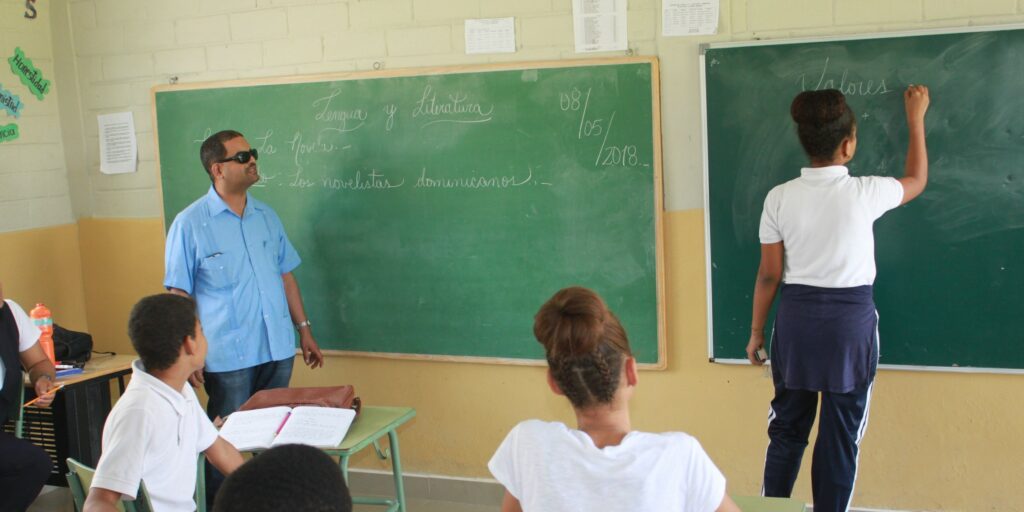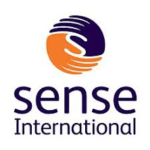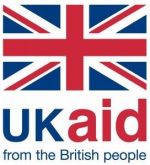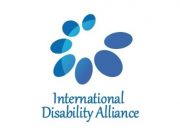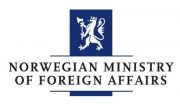WFDB Global Report 2018
At risk of exclusion from CRPD and SDGS implementation:
Inequality and persons with deafblindness
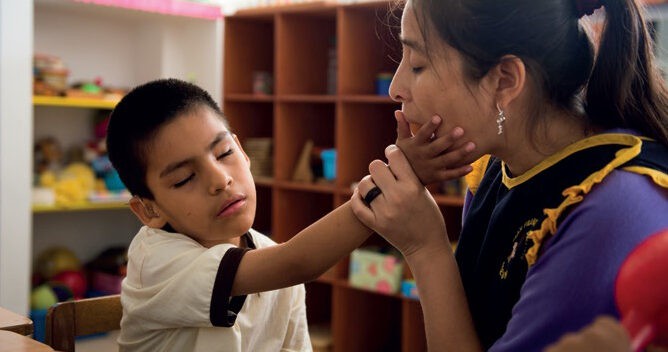
Foreword
This initial global report on the situation of persons with deafblindness seeks to start a dialogue between international disability rights and development stakeholders, and is based on research undertaken by the World Federation of the Deafblind (WFDB) combining the largest population-based analysis of persons with deafblindness conducted to date (disaggregation of 22 population-based surveys from low, middle and high-income countries), an academic literature review, two surveys conducted among members and partners of WFDB and Sense International.
People with Deafblindness face challenges in all aspects of life
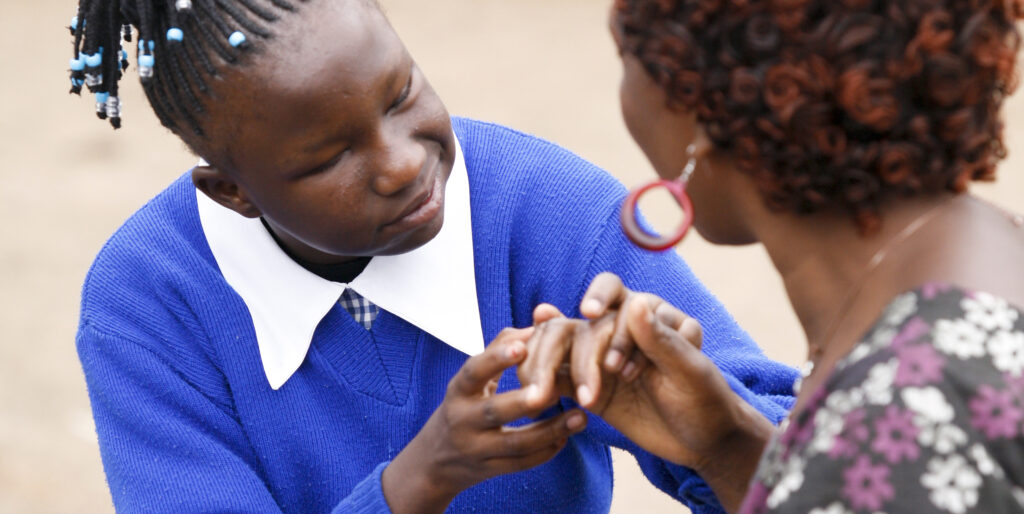
People with Deafblindness & Inequality
Echoing the changes triggered by the UN Convention on the Rights of Persons with Disabilities (CRPD), the adoption of Agenda 2030 and the Sustainable Development Goals (SDGs) emphasised the importance of inclusive development and leaving no one behind.
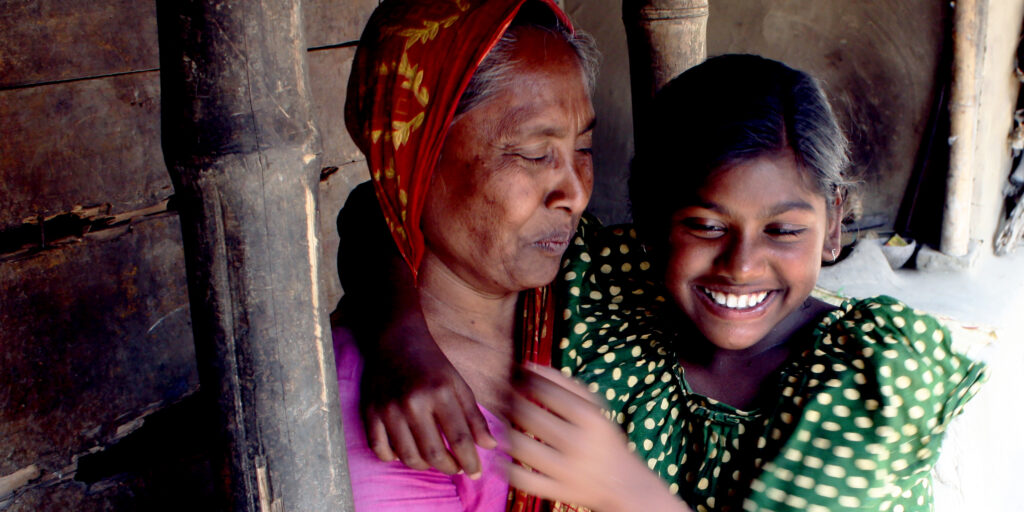
People with Deafblindness & Poverty
The majority of the studies included in the literature review did not provide evidence on the socioeconomic status of people living with deafblindness. In all 11 countries covered by the data analysis, households that included persons with deafblindness were more likely to be in the…
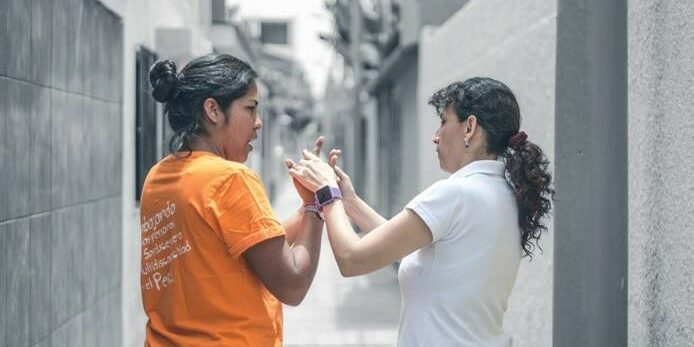
People with Deafblindness & Work
Only three studies included in the literature review, two from the United States and one from Denmark, examined access to work among persons with deafblindness. All found barriers to engaging in employment, although sample sizes were small and not representative of the…
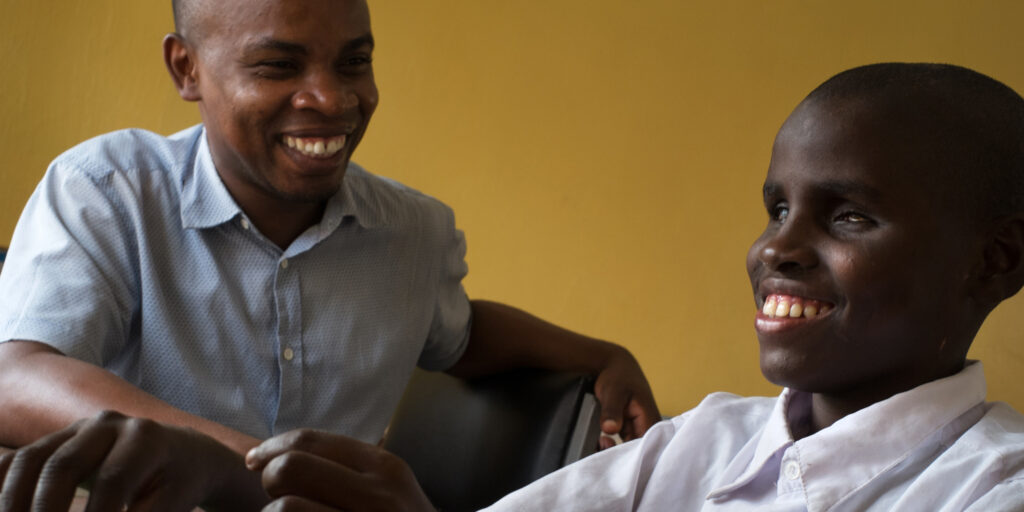
People with Deafblindness & Education
Children with deafblindness were statistically less likely to be in school than children without disabilities across each of the datasets, with the biggest gaps in enrolment in Mexico (33% gap), Indonesia (62%) and Vietnam (75%).
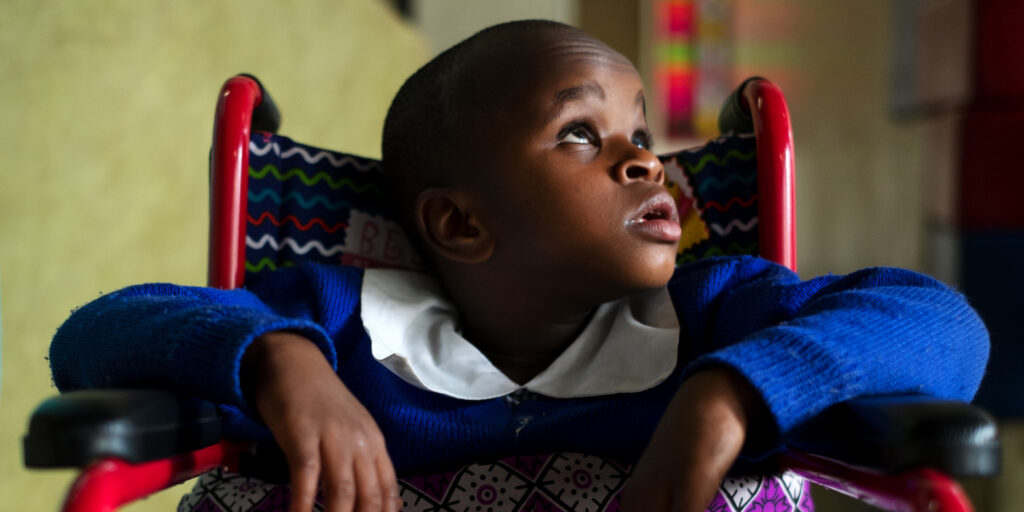
People with Deafblindness & Health
Between 20% and 75% of persons with deafblindness reported functional difficulties, such as mobility and cognition, and the presence of other functional difficulties remained high across all age groups…
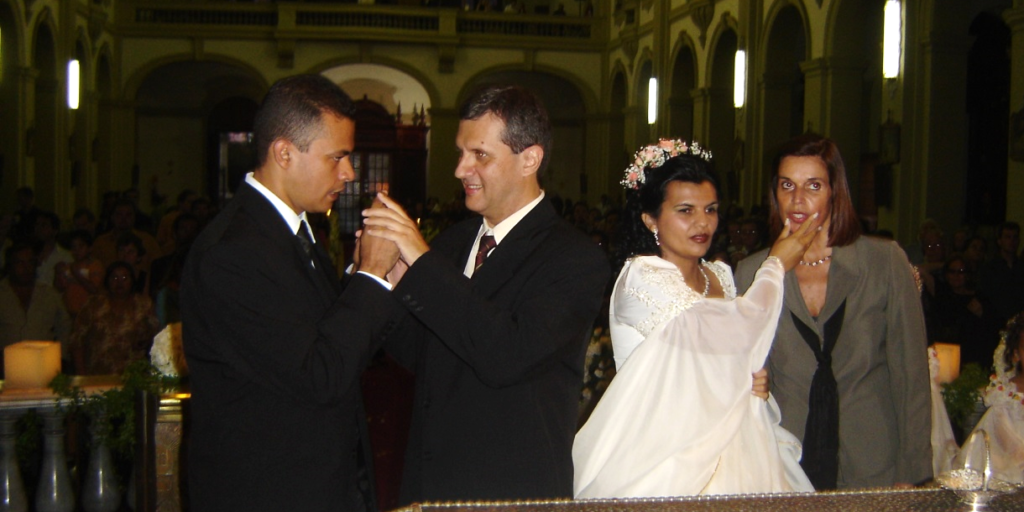
People with Deafblindness & Social Life
Women with deafblindness were also statistically less likely to be married than women with other disabilities across the five datasets, and less likely to be married than women without disabilities in all datasets.
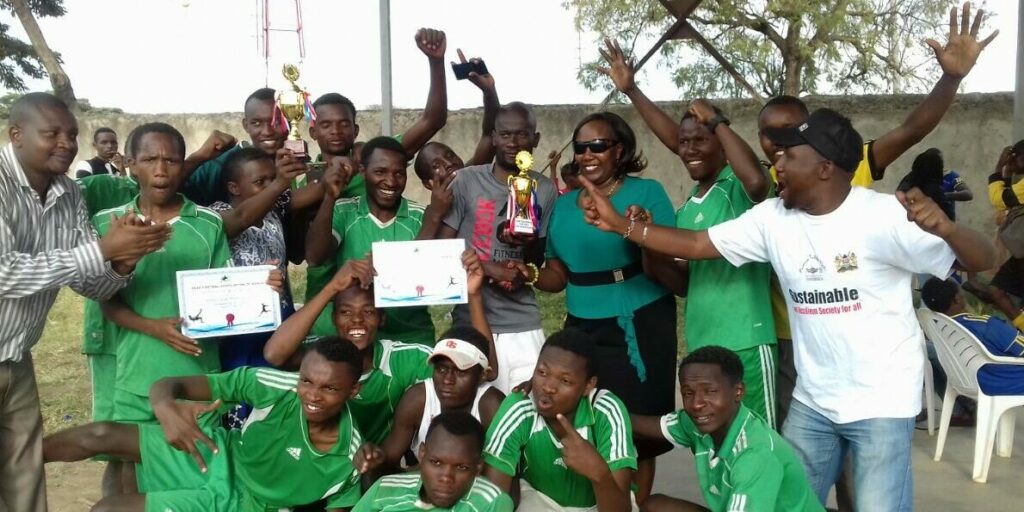
People with Deafblindness & Participation in Politics and Public Life
The survey found that, whilst few countries legally restrict the right to vote of persons with deafblindness, few actually provide support to enable political participation.At the 2018 Helen Keller World Conference, WFDB members were keen to share their experiences about political participation and engagement in public life.
The Long Read:
Being a Woman and a Mother with Deafblindness
The history of women is marked by struggle and challenges, as we fight for equality and for opportunities within society.Women are often excluded and discriminated against simply because of our gender, and we often have to fight to overcome assumptions and guarantee gender equality.
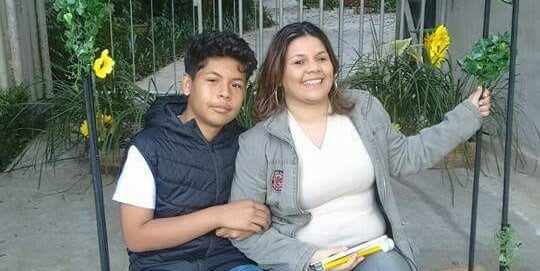
Ongoing Efforts
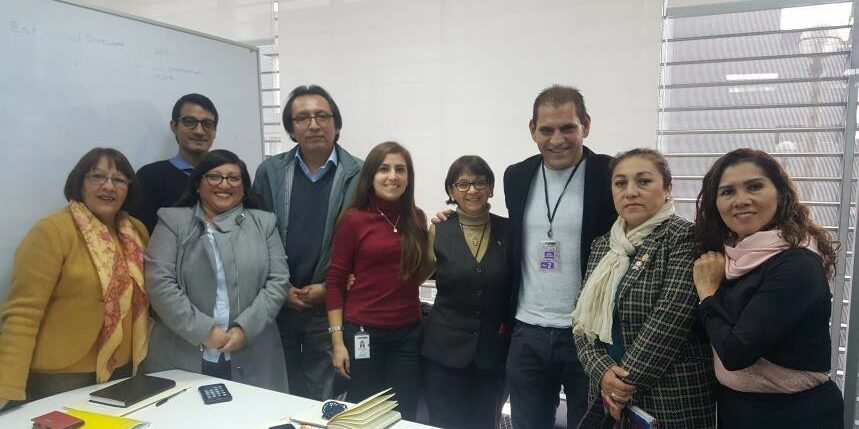
The long advocacy road towards recognition & development of interpreter-guide service
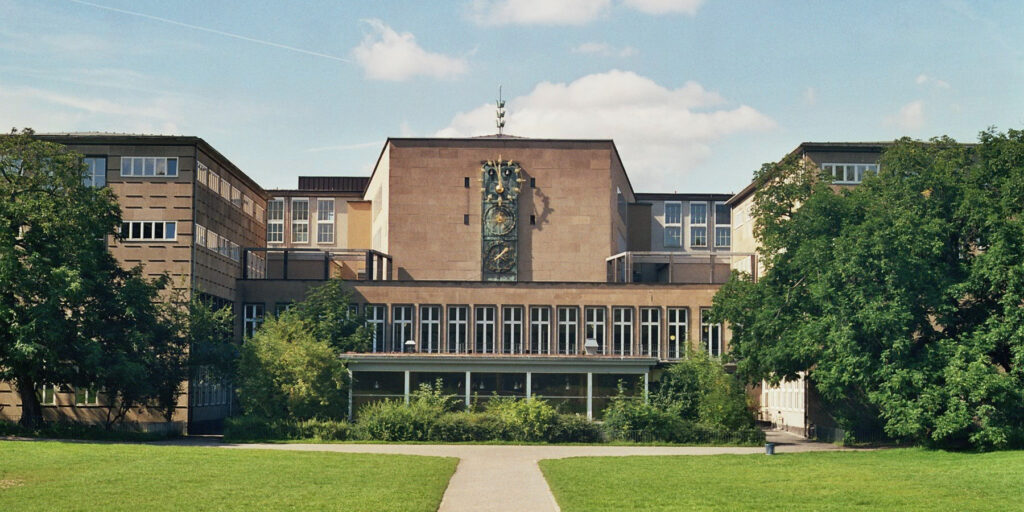
Peer counselling to support transition from school to work for young persons with deafblindness in Germany
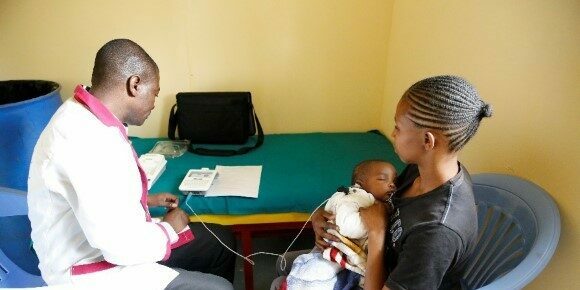
Early identification and intervention in Romania & providing early intervention services in Kenya
In our own words
ACKNOWLEDGEMENT AND DISCLAIMERS
The project is coordinated by Rune Jensen and Ximena Serpa under the supervision of Geir Jensen with technical support from Alexandre Cote (IDA-CIP), Bailey Grey and Alison Marshall (Sense International), Morgon Banks and Islay MacTaggart of International Centre for Evidence in Disability (ICED). The WFDB and SI surveys were developed with the support of Akiko Fukuda, WFDB General Secretary from Japan.
The team would like to thank all the persons that contributed to the report, in particular the WFDB board members and UN agencies personnel that took part in the September 2017 Geneva technical meeting as well as all the presenters and participants at the Helen Keller World Conference 2018
The report was made possible thanks to the overall organisational and technical support of the International Disability Alliance and the Norwegian Association of the Deafblind and the financial support from the UK Department for International Development (DFID) and Norwegian Ministry of Foreign Affairs (NMFA).
The information and views set out in this background document are those of the author(s) and do not necessarily reflect the official opinion of the International Disability Alliance, the Norwegian Association of the Deafblind, the International Centre for Evidence in Disability (ICED) at the London School of Hygiene and Tropical Medicine (LSHTM), the UK Department for International Development (DFID) and Norwegian Ministry of Foreign Affairs (NMFA).
